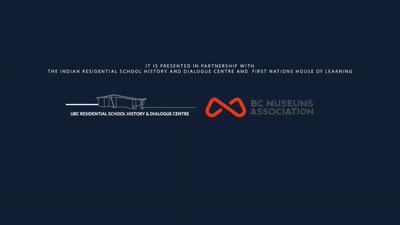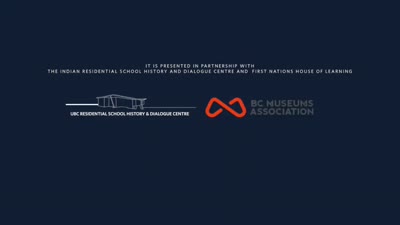Learn more at:
https://irshdc.ubc.ca/2021/10/12/chal...
As referenced in the Truth and Reconciliation’s call to action, museums and archives play a critical role in telling Canadian and Indigenous history, which has not always been accurately told in this country. To do this, museums and archives need to authentically represent the Indigenous voice in museum and archive spaces. This series intersects with Indigenous knowledge and explores Indigenous recommendations and current Indigenous practice used in museums and archives.
The goal of this three-part series is to be a starting point of dialogue for museum professionals to ask and consider how to reflect Indigenous experiences, worldviews, culture, interpretations, and inherent ways of knowing more accurately in a museum setting. In this second of three sessions, questions handled are: What are some dialogues relating to decolonizing? Ideologies? Professional insight? What have been some of the most important and impactful changes in decolonizing museums to date? How do the panelists position themselves in this topic and any other relative insights they might have?
Speakers
Melissa Adams Librarian and Archivist | Union of BC Indian Chiefs
Genevieve Weber, MAS Acting Head of Archives | Royal BC Museum
Jordan Wilson PhD Student, New York University | Independent curator
Moderator
Elizabeth Shaffer, Executive Director, Indian Residential School History and Dialogue Centre at UBC
Project Coordinator and Envisioner
Kristin Kozar, Indian Residential School History and Dialogue Centre at UBC
This series was presented in partnership with the Indian Residential School History and Dialogue Centre and First Nations House of Learning. We would like to gratefully acknowledge the First Nations Health Authority for generously funding the UBC Learning Circle and the BC Museums Association for funding for this webinar series.


